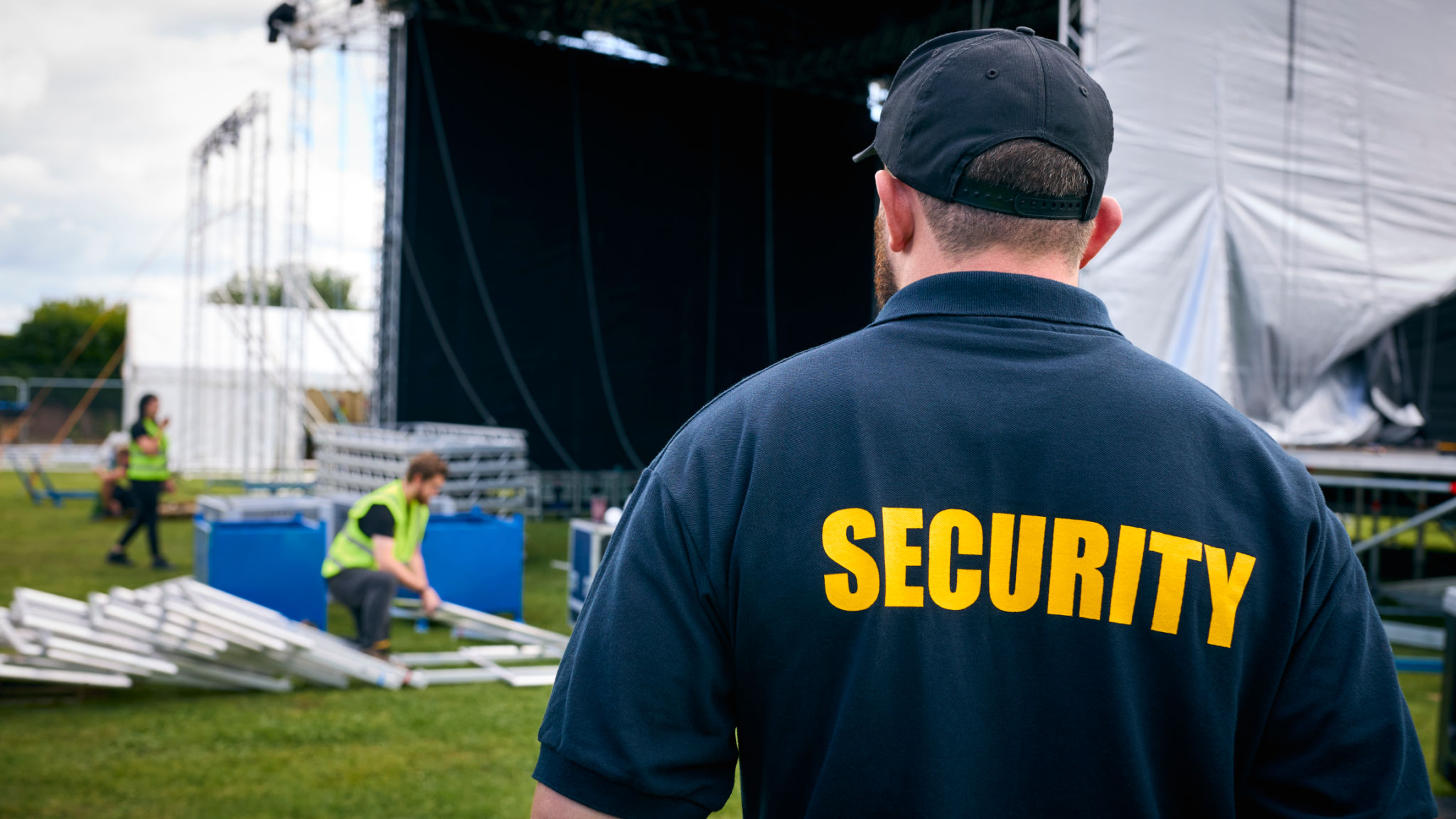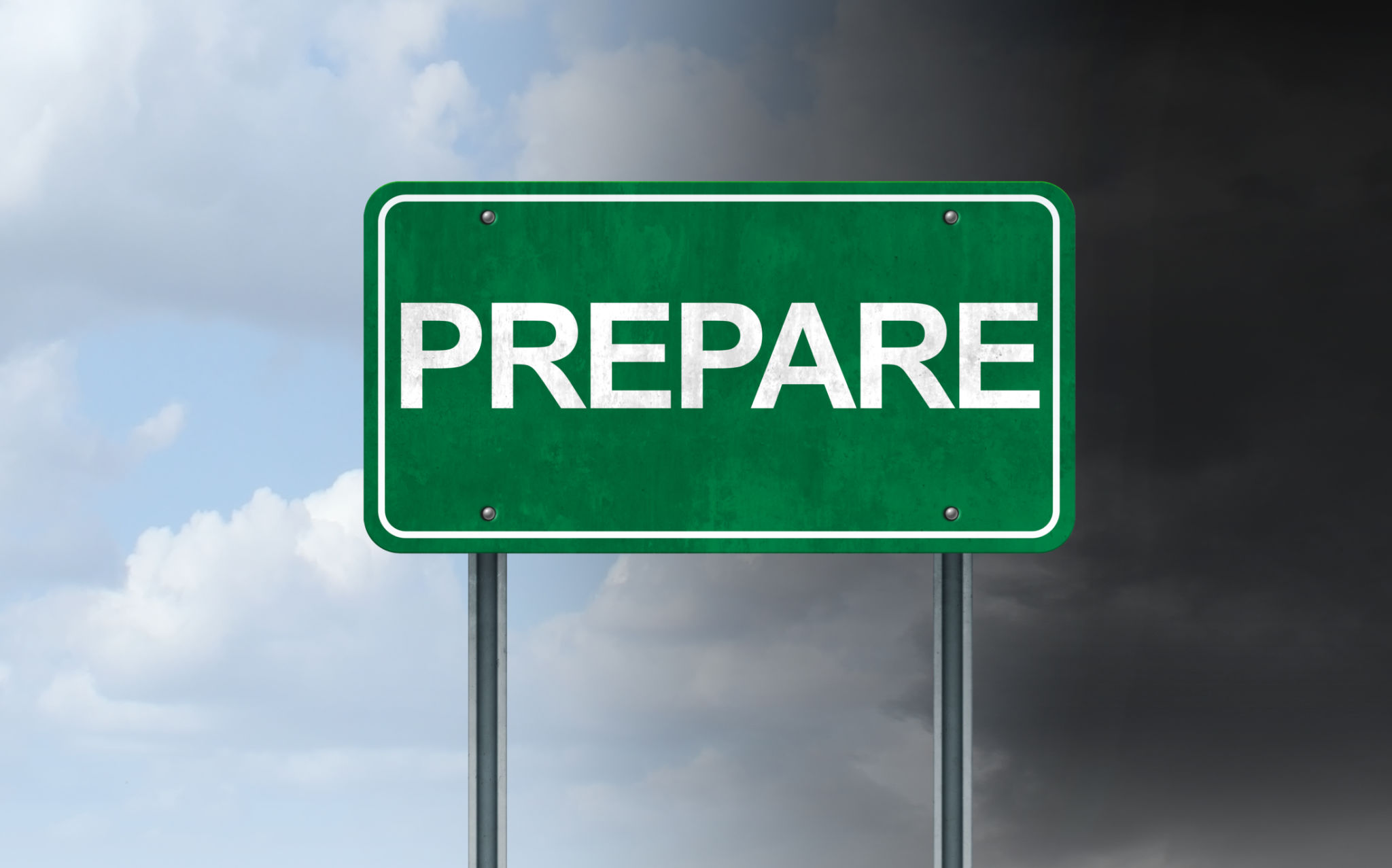Seasonal Security Challenges: Preparing Your Event for Winter in East Anglia
Understanding Winter Security Challenges
As the winter season approaches, event organizers in East Anglia must be prepared to tackle unique security challenges. The cold weather, reduced daylight hours, and unpredictable weather conditions can all impact the safety and security of events. It is crucial to anticipate these challenges and implement effective measures to ensure a smooth and secure event experience.
Winter brings with it a host of potential hazards, from icy conditions to increased risks of theft due to early nightfall. Understanding these risks is the first step in mitigating them. Event organizers should start by conducting a detailed risk assessment specific to the winter season.

Weather Preparedness and Safety
One of the primary concerns during winter events is weather-related disruptions. Snow, ice, and heavy rains can create hazardous conditions for both event staff and attendees. To combat these issues, it’s essential to have a comprehensive weather preparedness plan in place.
Organizers should monitor weather forecasts closely and have contingency plans for severe weather scenarios. This may include having salt and grit available for icy surfaces, providing sheltered areas for attendees, and ensuring emergency services are on standby if needed.
Emergency Response Planning
An effective emergency response plan is vital for any event, but it becomes even more crucial during the winter months. With the potential for adverse weather conditions, having clear communication channels and protocols can make all the difference in an emergency situation.

Lighting and Visibility
With shorter daylight hours, ensuring proper lighting at your event is essential for both security and comfort. Adequate lighting not only helps prevent accidents but also deters criminal activity. Consider investing in additional lighting fixtures to cover all event areas, including parking lots and pathways.
Motion-sensor lights and illuminated signage can further enhance visibility and guide attendees safely around the venue. It’s important to test all lighting equipment before the event to ensure it functions correctly throughout the duration of the event.
Staff Training and Awareness
Staff training is a key component of maintaining security during winter events. Your team should be well-versed in handling winter-specific challenges, such as managing crowds in restricted visibility and providing assistance in slippery conditions.

Technology and Security Systems
Leveraging technology can significantly enhance security measures at winter events. Surveillance cameras, access control systems, and mobile communication devices can streamline security operations and support quick responses to any incidents.
Ensure that all security systems are winterized and capable of withstanding cold temperatures. Regular maintenance checks should be conducted to prevent equipment failure during critical moments.
Collaborating with Local Authorities
Building strong relationships with local authorities can be beneficial when planning for winter events. Engage with local police, fire departments, and emergency medical services to ensure they are aware of your event and can provide support if necessary.
Regular communication with these entities will help you stay informed about regional security concerns and receive valuable advice on best practices for maintaining safety during winter events.

Conclusion
Preparing your event for winter in East Anglia requires careful planning and attention to detail. By understanding the unique challenges posed by the season, implementing robust security measures, and fostering collaboration with local authorities, you can ensure your event runs smoothly and safely despite the cold conditions.
Remember, a proactive approach to winter security challenges not only protects your attendees but also enhances their overall experience, leaving a lasting positive impression of your event.
